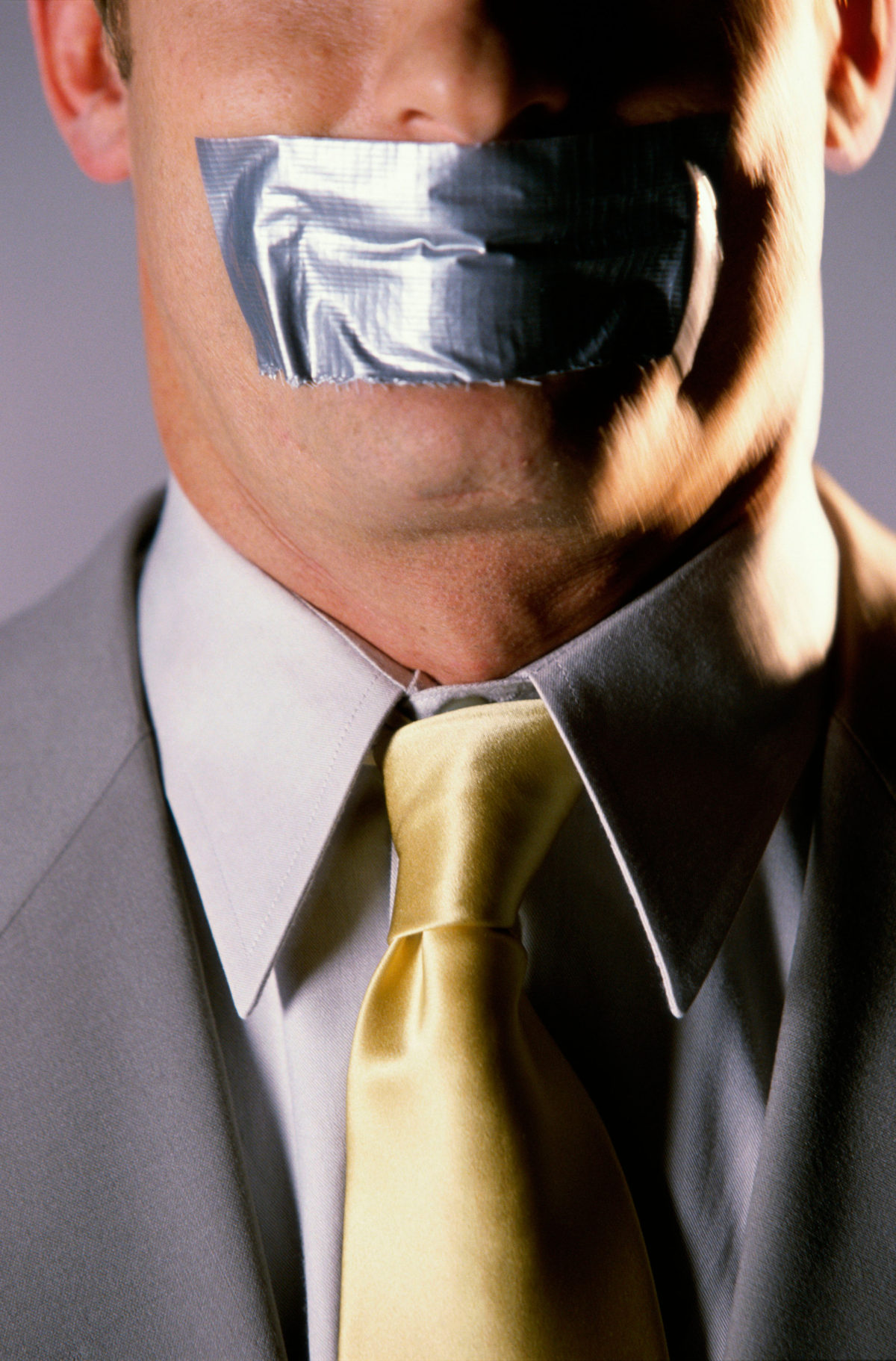Docket number: 22-3106 (2nd Cir.)
The Hamilton Lincoln Law Institute filed an amicus brief in support of two Connecticut attorneys, Mario Cerame and Timothy Moynahan, challenging a newly-adopted Connecticut rule that would prohibit attorneys from engaging in “derogatory or demeaning” speech or speech that “manifests bias or prejudice” with respect to certain protected characteristics.
Like HLLI’s client Zachary Greenberg, Cerame and Moynahan are zealous First Amendment advocates contending that a state variant of the ABA’s much-maligned anti-bias Rule—8.4(g)—stifles their own speech and that of other members of their state bar. But unlike in Greenberg’s case, the District of Connecticut refused to even entertain Cerame and Moynihan’s claim that Connecticut’s Rule 8.4(7) violated the First Amendment. Instead, it found that Cerame and Moynahan alleged “nothing more than an abstract, subjective fear” that the new rule threatened them.
HLLI’s brief urges the Second Circuit to reverse the district court’s dismissal of Cerame and Moynahan’s case. The law requires that the trial courts draw inferences in favor of plaintiffs, when the government moves to dismiss their case, especially when the plaintiffs allege that a newly-enacted law chills free speech. But the Cerame district court did just the opposite; it twisted itself in a pretzel to interpret plaintiffs’ allegations in the least favorable manner. It did so to avoid having to rule on the momentous question at the core of this case: Can a state dictate the speech of private professionals even outside the practice of the profession?
The Second Circuit heard argument on September 8, 2023. On December 9, 2024, the panel issued its opinion finding Cerame and Moynahan did in fact face a credible threat of enforcement for their arguably proscribed speech. The Second Circuit vacated the district court’s order finding the pair lacked standing and remanded the case to the district court for further proceedings.
Case Documents
| Description | |
| Dec 9, 2024 | OPINION Vacating District Court Opinion and Remanding |
| Mar 1, 2023 | AMICUS BRIEF of Hamilton Lincoln Law Institute |
